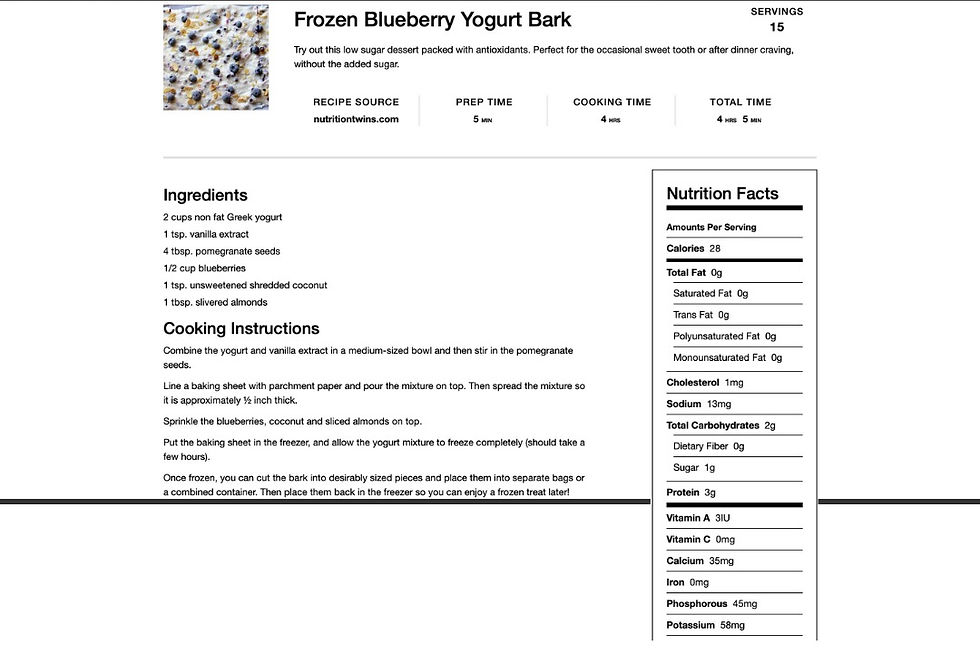Dangers of Added Sugar
The rates of the United States sugar consumption, diabetes, obesity, and cancer continue to rise with nearly every person knowing someone with cancer or diabetes. The average person in the U.S. consumes 17 teaspoons of sugar a day which ends up being 57 pounds of sugar a year. Is there a correlation here?
Sugar and Metabolic Disease-
Dr. Richard Lustig believes there is a correlation between sugar consumption, diabetes, obesity, and cancer, but probably not in the way you expect.
New research has found a connection between fatty liver disease and diabetes. There are two kinds of fatty liver disease, one caused by alcohol consumption and one not. Anyone can develop non alcoholic fatty liver disease, whether they are normal weight, overweight, or obese. New research has found that nonalcoholic fatty liver disease could be caused by sugar consumption.
A study conducted by Dr. Robert Lustig found that taking added sugars out of the diets of children with metabolic diseases greatly changed their health outcomes and symptoms of metabolic disease.
The good news from this study is, adverse effects of nonalcoholic fatty liver disease on metabolic health can be reversed and improved. It is also evident that weight may not be the driving factor in metabolic diseases, it could be the increased sugar intake.
Watch Dr. Lustig's quick explanation!
Is a calorie a calorie?
Sugars are broken down differently based on their structure. Some are fast and some are slower. For example, glucose is broken down much slower than fructose is.
The rate of the sugars breakdown is important because the digestion process produces byproducts known as free radicals. Antioxidants are in charge of removing the free radicals.
When a sugar is broken down quickly it produces too many free radicals for the antioxidants to remove efficiently. Free Radicals are a risk factor in developing cancer.
The amount of fat in the liver is also impacted by the rate of sugar breakdown. When sugars break down quickly the body can not process them quickly enough and it gets sent to the liver for storage, instead of throughout the body.
So, the answer is; no, a calorie is not a calorie. It is important to realize that eating whole nutritious foods as opposed to fast, processed foods with added sugars is much more beneficial to your health.
Here is a great video with animation to help explain!
Cancer and Sugar-
Have you ever heard the phrase "sugar feeds cancer"? Well, there is some truth to that.
Due to the way that cancer cells process and create energy they require 400 times more sugar than the normal cell.
So, cancer cells require a lot of sugar to grow and replicate.
What should you do?-
The first steps to helping yourself and your family cut back to a healthier sugar level is knowing the difference between added sugar and natural sugar.
Added sugars are now required to be on food labels, and they are common. Added sugars are any kind of sugar that is added to a food during processing.
Natural sugar is any sugar that is naturally occurring in a food, such as with fruits and vegetables.
When looking at a food label the "Total Sugar" category includes both the natural sugar and the added sugars. "Included (g) Added Sugars" are now separately labeled beneath the "Total Sugar" category.
Anything that has 5 percent or less of the daily value of added sugars is considered a low source of added sugars. Anything that has 20 percent or higher is a high source of added sugar.
Another way to check for hidden sugar in a product is to look at the ingredients list. There are over 250 different names for sugars.
However, there are some specific words to look for; nectar, syrup, sugar, concentrate, dextrine, crystals, malt, honey, molasses, and anything with the ending -ose.
(Click here for a more complete list of added sugars)
The recommended daily value of sugar intake is:
Women: less than 6 tsp (25 g) per day
Men: less than 9 tsp (38g) per day
Children: 3-5 tsp (12-25g) per day
Tips for Lowering Added Sugar Intake-
Keep a food diary, specifically write down all of the added sugars you have every day. Keep yourself accountable.
Try a 3 to 30 day no added sugar diet to break the cycle, because sugar is addictive.
Swap fruits and vegetables for sweets.
Try not to have sweets too late at night or too close to going to bed.
Keep an eye out for Dr. Robert Lustig's new book Fat Chance for even more information on sugar and disease.
Want to start lowering your added sugars? Try out this low sugar recipe.

Sources:
Image Source:
Video Source:





























Comments